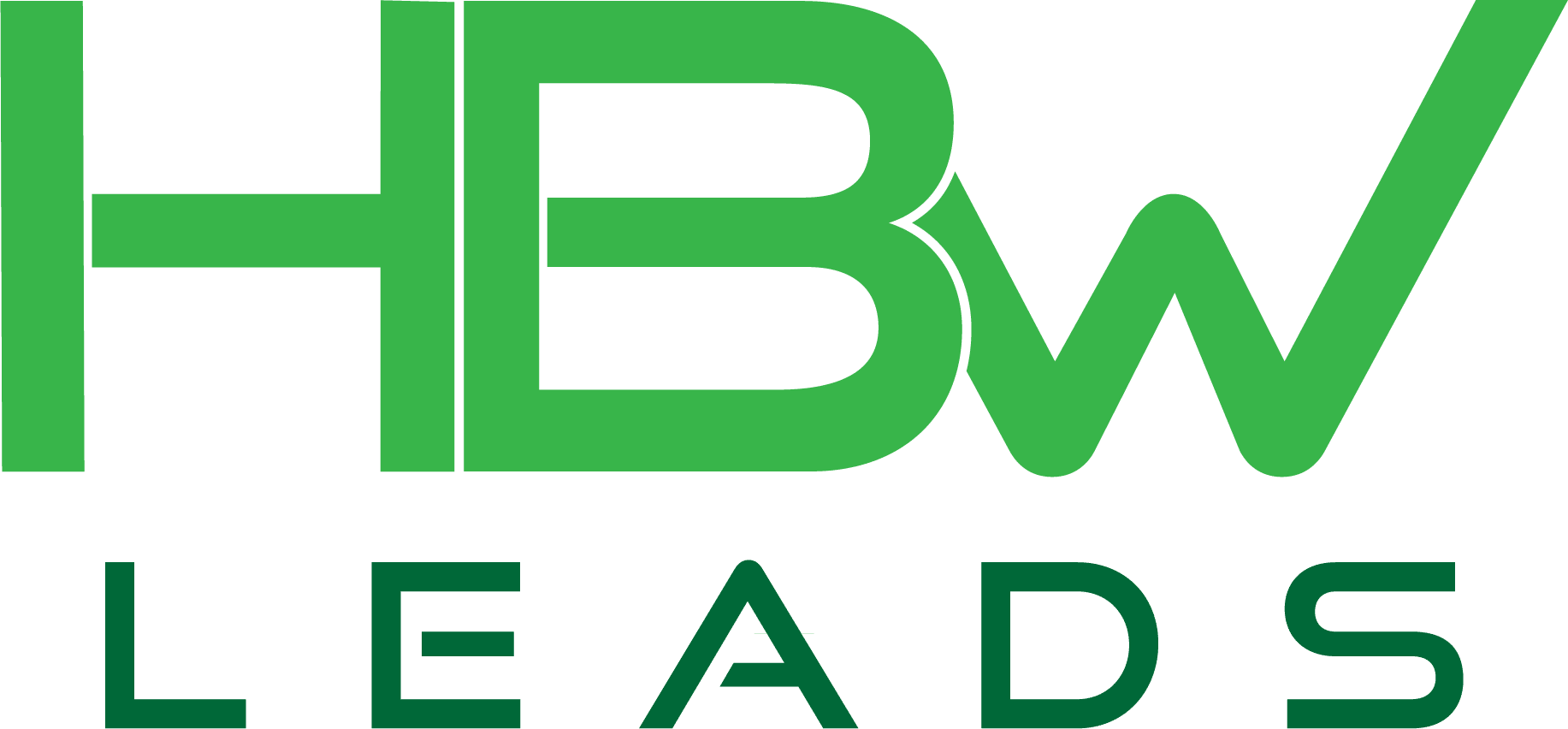Keep up with new insurance regulations by leveraging technology, fostering a culture of compliance, and staying informed about regulatory changes.
For insurance agency owners and sales managers, navigating the complex web of new insurance regulations and laws can be daunting. Yet it’s essential for the sustainability and integrity of your business. However, some strategies will help you manage regulatory changes and ensure your agency remains compliant.
At HBW Leads, we understand the critical importance of compliance in today’s evolving regulatory landscape. That’s why we proudly offer leads that are fully compliant with the latest FCC regulations, ensuring peace of mind for your insurance agency. Our specialty is providing exclusive, verified leads explicitly tailored to your needs. We connect you with individuals who have expressed a genuine interest in insurance products, including auto, home, and life insurance. With HBW Leads, you’re not just getting leads; you’re getting a gateway to potential clients actively seeking your insurance solutions.
Aside from leads, though, there are multiple steps and approaches to compliance. The seven tips here will help you ensure your agency is current with any new insurance regulations that come your way.
Follow These 7 Tips to Keep Up with New Insurance Regulations
1. Understand the Importance of Compliance
The insurance sector is heavily regulated to protect consumers, maintain fair markets, and ensure financial solvency. Failing to comply with these regulations can result in severe penalties, including hefty fines, legal repercussions, and a tarnished reputation.
But there are more benefits to compliance besides avoiding penalties. Compliance fosters trust among clients and partners, enhances your agency’s reputation, and lays a foundation for long-term success.
2. Stay Informed About Regulatory Changes
It’s important to establish reliable sources of information regarding new insurance regulations. Stay updated with changes by regularly checking with government bodies like the NAIC (National Association of Insurance Commissioners) and industry publications.
Similarly, it’s helpful to invest in technology and software, such as compliance management systems and automated alert systems to receive real-time updates on regulatory changes.
Of course, networking is also helpful. Join industry associations and attend relevant seminars and workshops. These platforms offer valuable insights and a chance to learn from peers.
3. Implement Compliance Strategies
Do you have an internal compliance program? If not, appoint a dedicated compliance officer or team responsible for understanding regulations and ensuring the company adheres to them. Regular training sessions for your staff are also crucial in maintaining an up-to-date understanding of regulatory requirements.
As part of your compliance program, be sure to document all your compliance policies and procedures. Regularly review and update these documents to reflect any new insurance regulations as they come out.
And to ensure your agency is keeping up, take advantage of proactive risk management strategies, such as conducting regular internal audits to identify and address compliance gaps. This proactive approach helps mitigate risks associated with non-compliance.
4. Leverage Technology for Compliance
Utilize software tools designed for compliance management. These tools can help track regulatory changes, manage documentation, and ensure timely compliance.
The right software can also automate routine compliance tasks like reporting, document management, and audits. Automation increases efficiency and reduces the likelihood of human error.
5. The Role of Culture in Compliance
Compliance isn’t just about one person or department. You need to create a culture that values compliance. This culture starts from the top, with leadership emphasizing the importance of regulatory adherence and ethical practices.
Be sure to take the next steps, though. Engaging your employees in compliance efforts is crucial. Encourage open communication about compliance-related issues, and make sure your team understands the importance of their role in maintaining compliance.
6. Prepare for Audits and Inspections
The first step in preparing for audits and inspections is getting familiar with the auditing process. Know what auditors look for and how they conduct their inspections.
Take whatever steps you need to maintain all necessary documentation and ensure your compliance records are up to date. Regular mock audits can also prepare your team for the real thing.
If you are subject to an audit, be transparent and cooperative. Address any findings promptly and thoroughly to demonstrate your commitment to compliance.
7. Adapt to Global Regulations
Regulations aren’t limited to one state or country. Understanding and complying with global regulations is an additional challenge for international agencies. Develop a global compliance strategy that accommodates the diverse legal landscapes of different countries.
Compliance is a dynamic and ongoing process. By leveraging technology, fostering a culture of compliance, and staying informed about regulatory changes, your agency can navigate this complex landscape successfully. Remember, compliance should not be seen as just a legal requirement but as a cornerstone of your agency’s integrity and success in the insurance industry.
Additional Resources
To keep up with new insurance regulations, or further information, consider these resources:
- NAIC’s website for regulatory updates.
- Online courses on insurance compliance.
- Publications like “Insurance Journal” for industry news.
- Seminars and conferences focused on insurance regulations.
By proactively managing compliance, you protect your agency and build trust and reliability that will benefit your business for years.
Take the time you need to ensure your agency complies with insurance industry regulations, and let our team brings in the leads. At HBW Leads, specialists call on your behalf to capture ideal prospects, so the prospecting work is done for you. Start boosting sales today.


